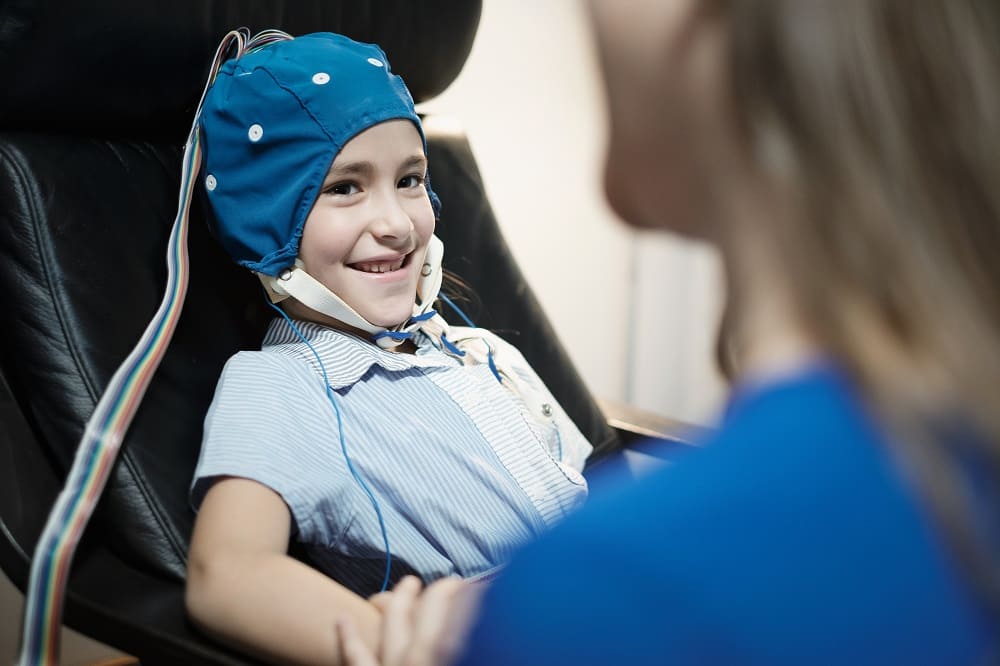Reasons to Reduce Stress
Stress is unavoidable, right? That is a practical reality. We can’t totally avoid stress as long as we are alive in this world. We can reduce our exposure to stress. We can counteract stress by doing relaxation exercises, yoga, exercise, meditation, and other things like biofeedback.
Why is it worth the effort to reduce or manage stress? Here are a few reasons.





